THEY EAT WHAT?
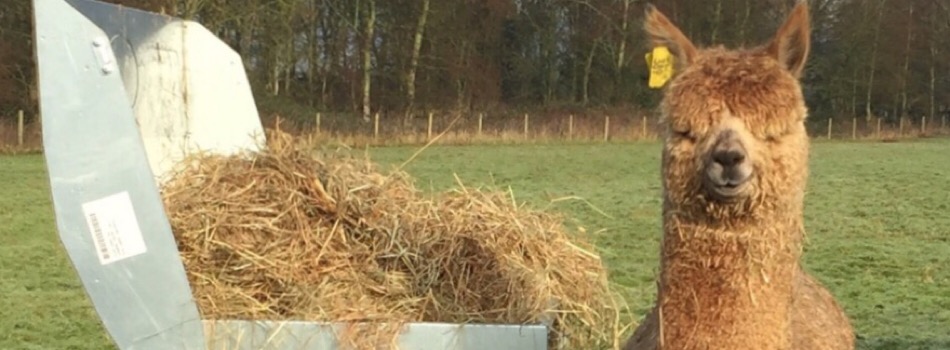
Alpacas eat grass and hay , preferably short grass. Alpacas defecate in specific areas (poo piles) adn they will start the day eating the new growth in the shorter aras and gradually move towards the longer grass.
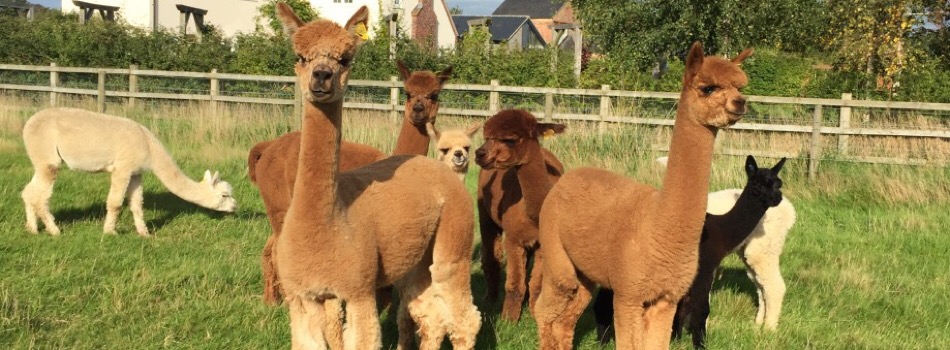
It is normal to give youngsters and pregnant and lactating females a protein supplement of a handful hard feed per day, protein content 14-16% or less. At TOFT we currenlty use Newline Aztec Silver. There are now many proprietary Camelid foods on the market with most feed manufacturers offering theire own recipes for the health and welfare of our alpacas.
NEWLINE Aztec Silver
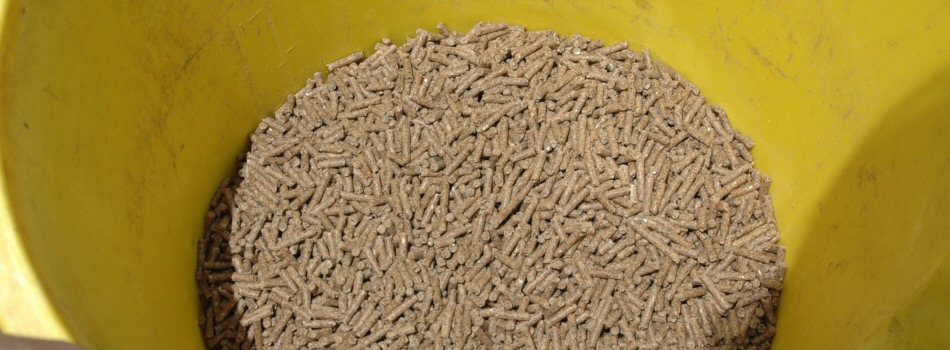
Be Advised:- Alpacas are extremely efficient grazers and will get fat on concrete, one must be careful not to overfeed. Alpacas are well used to a Spartan diet and obesity can cause problems especially in females with regard to mating and birthing.
Warning:- There is clear evidence that overfeeding can coarsen their fleece and that underfeeding can weaken it to make it useless for spinning.
We mainly feed th ehard feed to keep up the mineral suplement as alpacas have a high mineral requirement. We feed this feed daily to some adn ad lib to others. we body score adn wigh the whole herd regualry to monitor their food intake. We do not feed hard feed to pet or gelded alpacas, rarely to full grown males or full grown non pregnent females, except for fun.
Regarldess of what the feed manufacturer dictates on the bag- this is a handful.
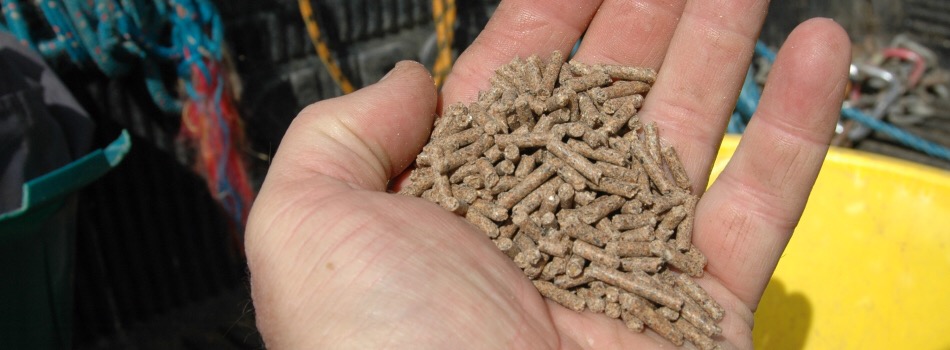
At TOFT when feeding hard feed we allocate one handful for each alpaca and maybe a couple more for those who get left out adn that's it. We monitor their need by bodyscoring regulary not by how cold the weather is. We like to keep our alpacas between 65 and 75 kg maximum. Teh majority we keep in this optimum band , accepting that there ar some fat girls adn some thin girls that are alwasy a challenge- we do our best. We expect them to put on weight in the summer and lost it coming into the spring and we feed accordingly to ensure a healthy lean mean fibre producing machine and avoid an obese and waddling Teddy Bear.
When feeding hard feed we make sure there is enough trough space for each alpaca to have about 50cm each to avoid competition or bullying the smaller alpacas out of the feed. We rarely feed in the paddock and all our feeders are well off the ground.
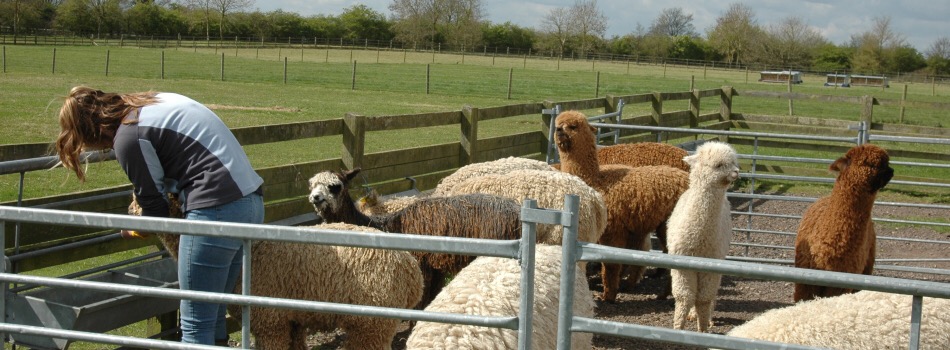
Apart from the daily protein supplement we make hay available at all times to supplement their diet. Alpacas will regualte their rumen by nibbling hay throughout the year especially to compensate for our wet pasture. To an alpaca even our worst adn most barren pasture would still be considered lush.
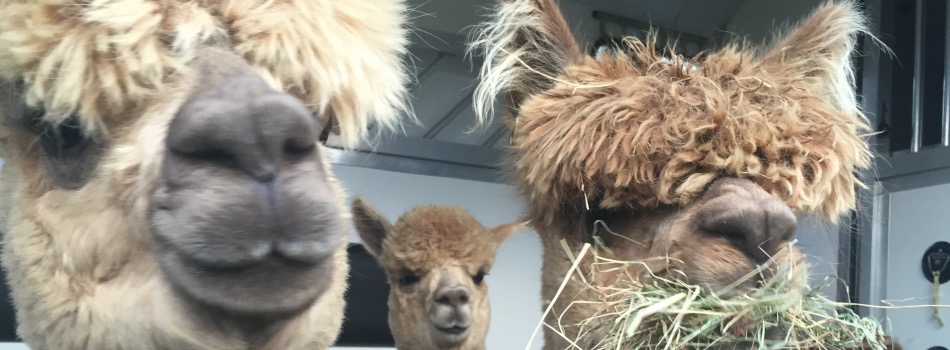
At TOFT we monitor the weights of all our alpacas on a monthly basis and we body score at every opportunity. We would advise all alpaca owners to body score every time you are handling the alpacas as this is the only way you will know the general condition of the alpaca. Be advised- alpacas are very stoical they will not show any sign that they are ill until they absolutely have to, by which time it is normally a vet job.